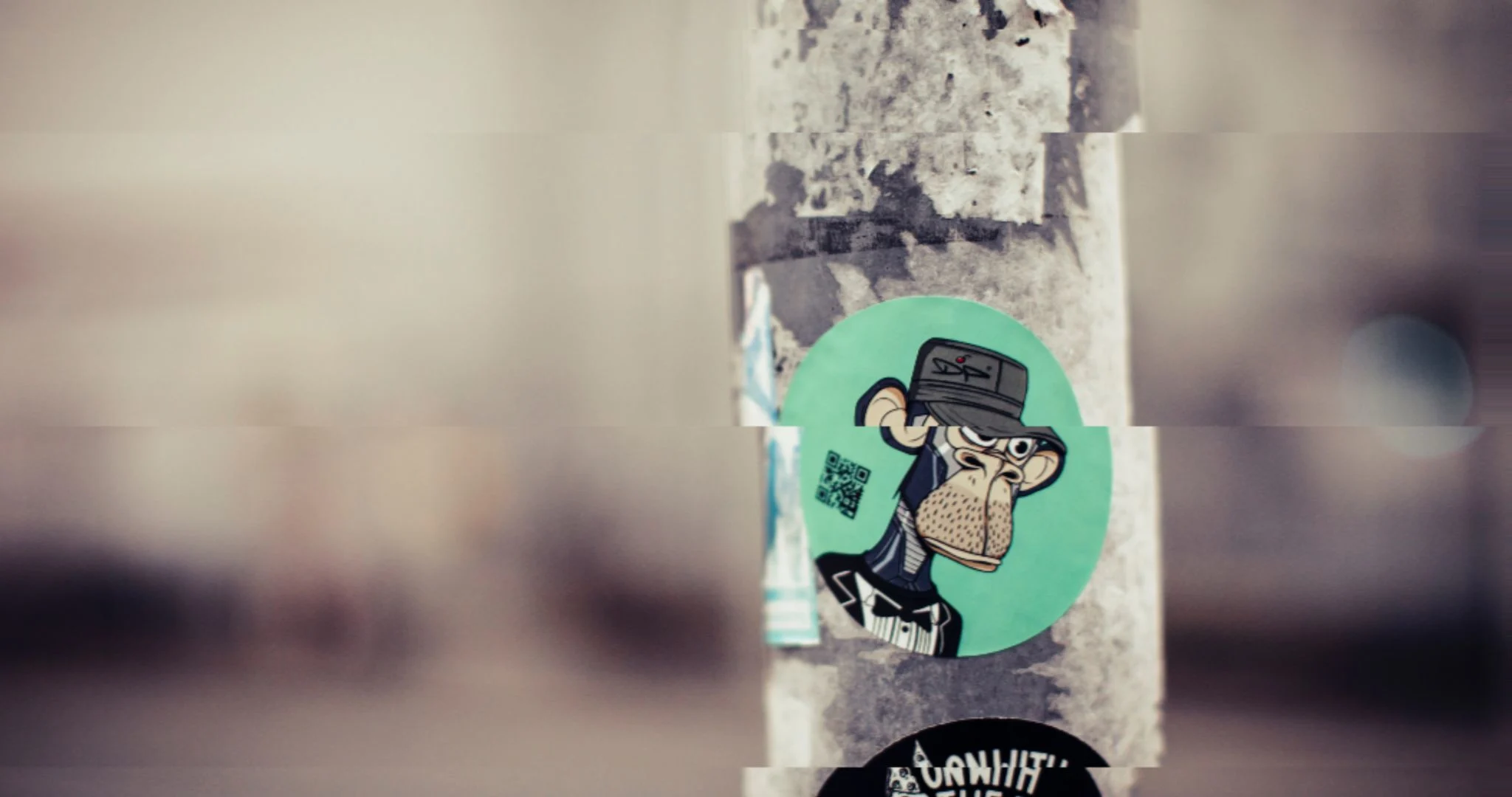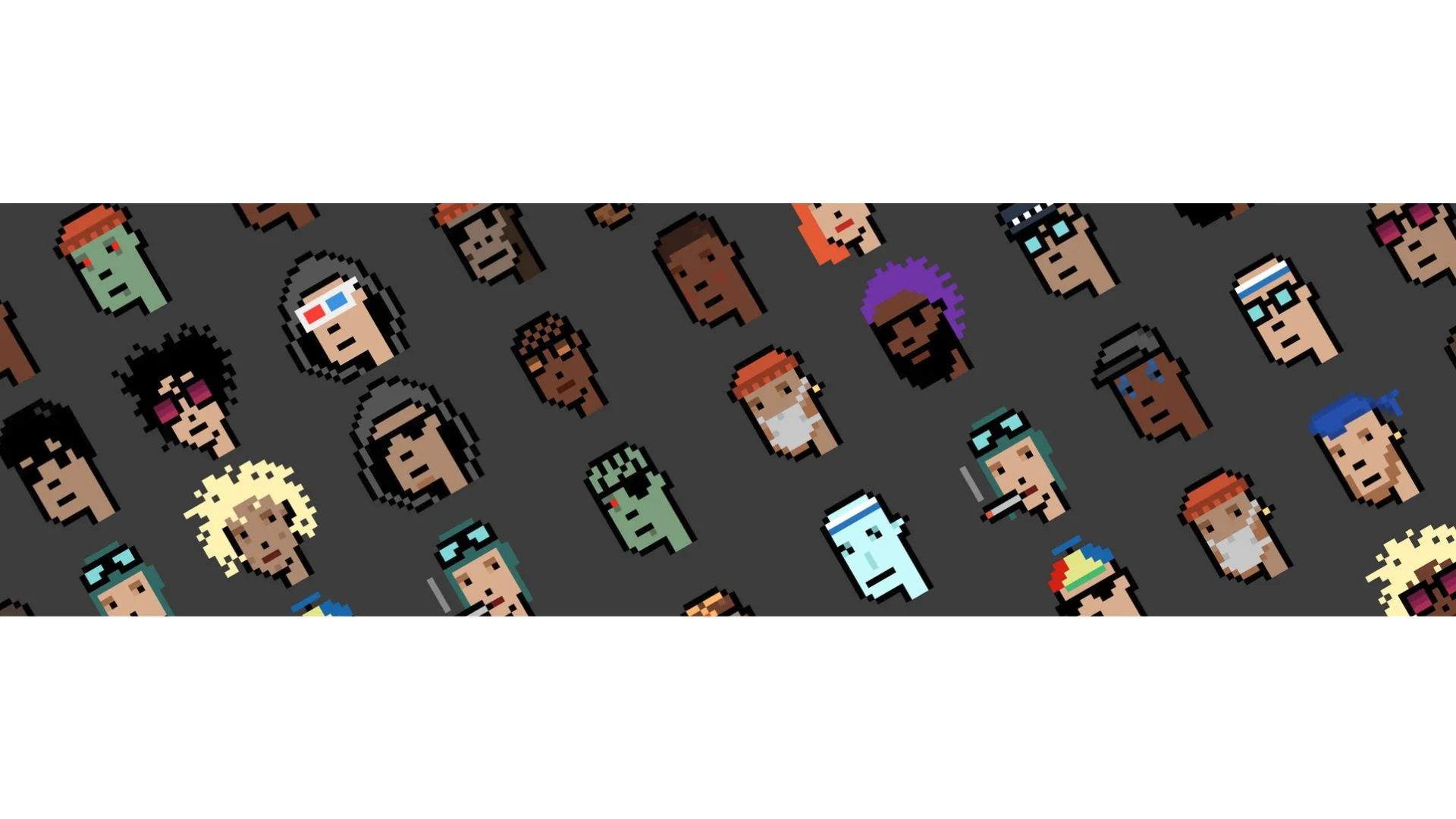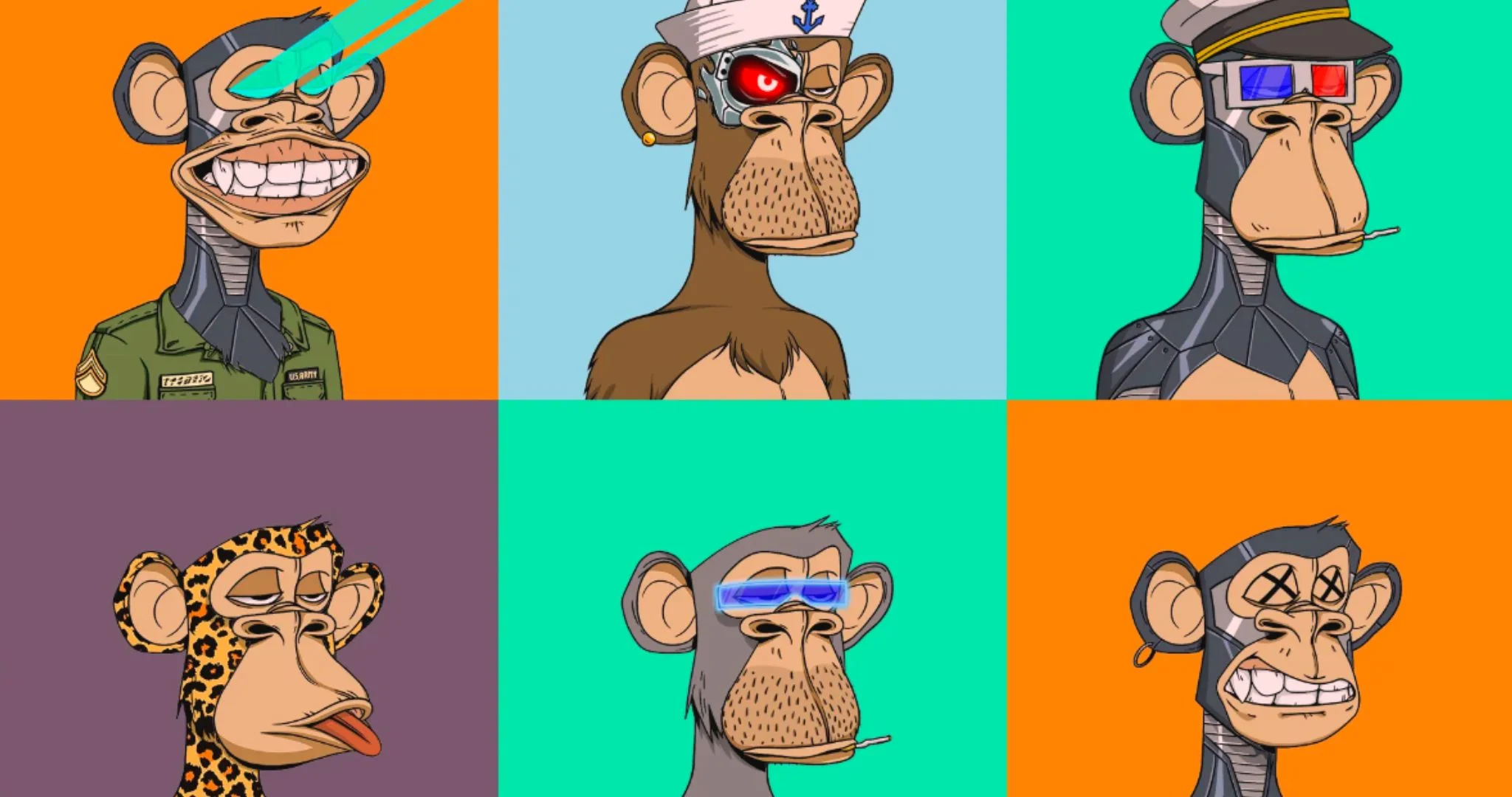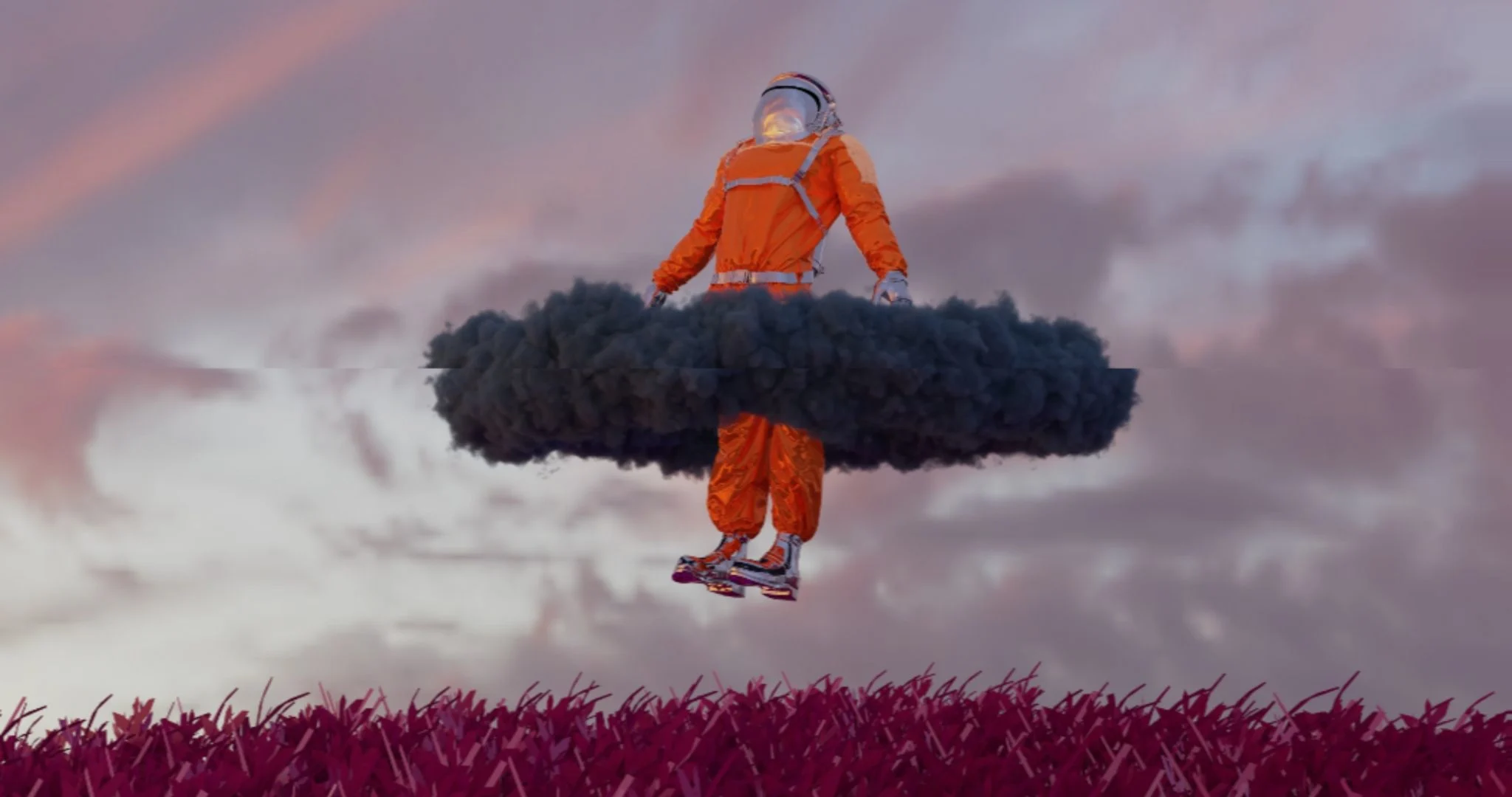Back to Blog
Copycat No More: BAYC NFTs Are Now Legally Open to Copyright Violation

Jex Exmundo
Apr 27th, 2023
.5 min read

Ryder Ripps and Jeremy Cahen were just trying to Make a Point. In May 2022, the pair released the RR/BAYC collection. It was the latest in a long line of high-concept troll jobs executed by Ripps. Lauded by many for his internet-themed work, the 2021 NFT bull run gave the artist a reluctant new muse.
Of course, it was the Bored Ape Yacht Club. For him, the Bored Ape Yacht Club's growing entrenchment in popular culture was nothing to celebrate. It was “ruining the internet,” he shared in a September 2022 interview with ARTnews.
But recently, Yuga Labs made a benchmark achievment toward scoring a decisive legal victory over the pair. Last week, an official court ruling on Yuga Labs’ 2022 lawsuit against Ripps and Cahen surfaced. It came out in Yuga Labs' favor.
BAYC vs the world: The inciting act
Regardless of Ripps and Cahen’s intent when crafting the RR/BAYC collection, Yuga Labs took issue. Unlike most other projects you’d find on OpenSea attempting to piggyback off of the success of others, RR/BAYC was a near-exact copy, down to the pixel. Essentially, it was the original BAYC collection in all but name, and available for purchase at a much lower price.
This is due to how the RR/BAYC collection was effectively a “re-mint” of the original Bored Ape Yacht Club collection. As such, each NFT within the RR/BAYC collection pointed to the exact same corresponding images found in Yuga Labs’ work. That was the whole point of the project, as described by Ripps on the RR/BAYC website.

The collection, described by Ripps as “[testing] the boundaries and meaning of digital images within a new paradigm of IP law, copyright, computer generated images and Non-Fungible Tokens,” would go on to suffer a similar fate to Ripps’ re-minted CryptoPunk #3100. Following Ripps’ re-mint of the CryptoPunk, Larva Labs quickly responded with a Digital Millennium Copyright Act (DMCA) of the stray punk.
Yuga Labs would go on to do the same following the initial release of the RR/BAYC collection on Foundation. However, unlike Larva Labs, it withdrew the takedown request in preparation for a much longer, more thorough legal battle with the pair.
A questionable work of satire
Parody and satire is nothing new, particularly in pop culture. Look “Weird” Al Yankovic. He's spent his nearly four-decade career crafting irreverent parodies of contemporary popular music. Usually, these parodies would be near-exact musical replicas of the musical tracks. In a show of good faith, Yankovic would always ask for permission before starting on a parody.
In the case of the RR/BAYC collection, Ripps and Cahen did not. The re-mint was the artistic statement in itself. “The current terms of ownership set forth by Yuga Labs to BAYC token holders are unclear and do not meet current copyright standards,” Ripps alleged on the RR/BAYC website. “Clearly defining what we are buying when we purchase an NFT is one of the primary goals of this work.”
Unfortunately, the U.S. court presiding over this dispute would beg to differ on this matter. After much deliberation, the court was able to determine that the dispute fell in favor of Yuga Labs in five out of the eight Sleekcraft Factors. In layman's terms, these determine the likelihood of consumer confusion in cases of trademark and copyright infringement.
This is due to the fact that besides putting up copycat Bored Apes for sale, Ripps and Cahen established websites bearing prominent Yuga Labs and BAYC branding. These pieces of iconography, referred to as “marks” in trademark law, contributed significantly to the ruling falling in Yuga Labs’ favor. These websites also give legal ground for Yuga Labs’ legal team to charge Ripps and Cahen with the additional crime of cybersquatting — or the intentional creation of a lookalike website meant to confuse an existing market.
Zooming out
This case is without a doubt the highest-profile instance of copyright infringement we’ve seen thus far in the nascent NFT space. But is this enough to let NFT creators breathe a sigh of relief? Is this enough to deter copycats from even trying? Arguably, no. But that’s not entirely a bad thing.
What makes the RR/BAYC collection such an audacious act of digital plagiarism isn’t just its execution — it’s also its intent. Ripps and Cahen didn’t just create the RR/BAYC collection in a bid to encourage consumers in the NFT market to consider their purchases on a deeper level. They also did it in an attempt to bring Yuga Labs down.
Part of Ripps’ intended artistic statement for the project was to bring attention to what he believed to be far-right symbols laden throughout the original string of Bored Apes. The RR/BAYC collection’s release was also meant to function as a way for Ripps to proliferate his message en masse. Of course, these claims were summarily shut down by Yuga Labs themselves in a February 2022 interview with Input responding to Ripps’ claims.
Copycat collections are nothing new in the NFT space — but they’re hardly ever done with the same amount of vitriol found in Ripps and Cahen’s work. At best, copycat collections tend to be made in good faith, as an homage to the original collection. At worst, they’re attempting to piggyback off of the success of a bigger project.

Case in point, let’s look at a somewhat divisive collection in the NFT space. To this day, the CryptoPhunks collection — an NFT collection consisting of “hand-flipped” versions of the original CryptoPunks — remains available for purchase on OpenSea, with an active social media presence to boot. Despite its remarkable similarity to the original CryptoPunks collection, CryptoPhunks has spawned its own community of users interested in seeing just how far its creators can push the boundaries of copyright in the NFT space. Without any malice, of course.
In some cases, creators will even encourage the creation of sister collections, as seen with Goblintown and how it and its derivative collections flooded the top of OpenSea’s charts for a month. This flood of similar collections can help keep a project perpetually making NFT news through community generated efforts. This is due to how it launched under a creative commons 0 (CC0) license, which effectively gave users all throughout the NFT landscape a free pass to add to the existing Goblintown lore created by Truth Labs.
At the end of the day, when looking at the ensuing legal battle between Ripps, Cahen, and Yuga Labs, a simple truth about the nature of the NFT community becomes clear: don’t poke the bear. Or in this case, the ape. Hardly anything good can come from stirring the pot in bad faith.
Related Posts

What Is a Bored Ape? A Guide to the Iconic BAYC NFTs
The Bored Ape NFT collection is making Yuga Labs a Web3 empire. Here’s ever...

Nick Fouriezos
Mar 8th, 2023

Coinbase’s SEC Lawsuit: Will Legal Action Gain Clarity for Crypto?
Coinbase wants answers from the SEC on crypto regulations. Learn the facts ...

Eric Esposito
Apr 25th, 2023

What Is Decentraland? How Virtual Real Estate Works, Pricing, and More
Virtual real estate is on the rise. Time to look at Decentraland, one of th...

Virginia Valenzuela
Apr 26th, 2023